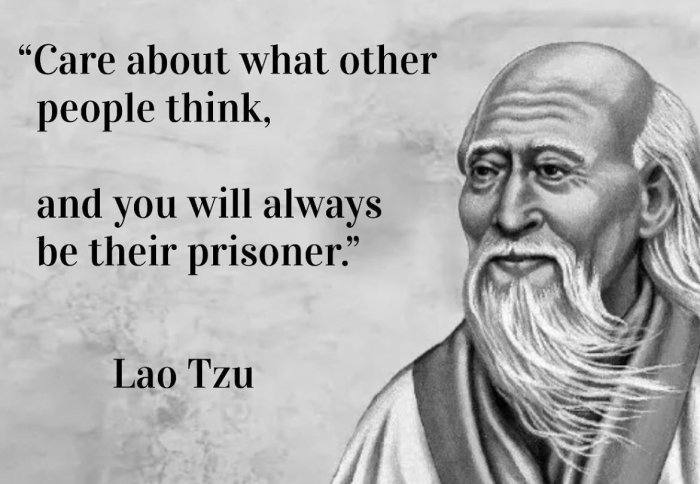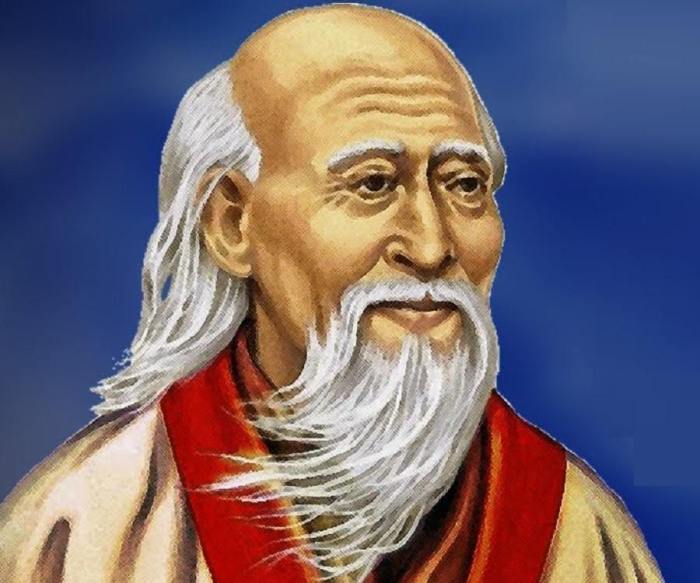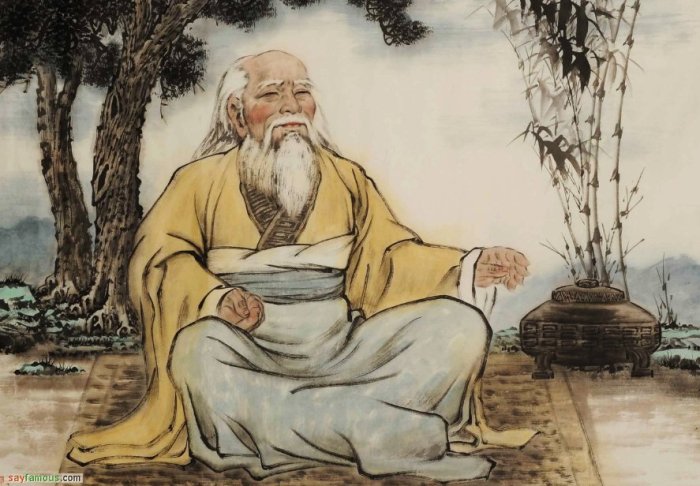Ancient Chinese philosopher Blank Tzu stands as a towering figure in the annals of Eastern thought, whose profound teachings have left an enduring legacy on Chinese culture and beyond. This comprehensive overview delves into the life, philosophy, and enduring impact of this enigmatic sage, exploring the core beliefs, historical context, and modern relevance of his teachings.
Ancient Chinese Philosopher Blank Tzu: An Overview

Blank Tzu was an influential ancient Chinese philosopher who lived during the Warring States period (475-221 BCE). He is known for his teachings on self-cultivation, ethics, and the nature of reality.
Core Beliefs and Teachings
Blank Tzu’s philosophy emphasized the importance of self-cultivation and living in harmony with nature. He believed that human beings are inherently good and that virtue can be achieved through self-discipline and meditation.
- The Way (Dao):Blank Tzu taught that the Way (Dao) is the ultimate reality and the source of all things. The Way is impersonal, unchanging, and eternal.
- Self-Cultivation:Blank Tzu believed that the goal of human life is to cultivate oneself and become one with the Way. This can be achieved through meditation, self-reflection, and living in harmony with nature.
- Ethics:Blank Tzu’s ethics were based on the principle of reciprocity. He believed that we should treat others as we wish to be treated.
Influence and Legacy, Ancient chinese philosopher blank tzu
Blank Tzu’s philosophy had a profound influence on Chinese thought and culture. His teachings were adopted by many later philosophers, including Confucius and Lao Tzu. Blank Tzu’s ideas have also been influential in the development of Chinese medicine, martial arts, and calligraphy.
Comparison with Other Philosophers
Blank Tzu’s philosophy shares some similarities with the teachings of other ancient Chinese philosophers, such as Confucius and Lao Tzu. However, there are also some important differences between Blank Tzu’s philosophy and these other schools of thought.
- Confucius:Confucius emphasized the importance of social order and hierarchy. Blank Tzu, on the other hand, placed more emphasis on individual self-cultivation.
- Lao Tzu:Lao Tzu taught that the Way is ineffable and that we should live in harmony with nature. Blank Tzu, while also emphasizing the importance of nature, believed that we can achieve self-cultivation through meditation and self-reflection.
Modern Applications and Relevance
Blank Tzu’s philosophy continues to be relevant to contemporary society. His teachings on self-cultivation and living in harmony with nature can provide valuable insights for those seeking to live a more meaningful and fulfilling life.
- Self-Care:Blank Tzu’s emphasis on self-cultivation can be applied to modern practices of self-care and mindfulness.
- Environmentalism:Blank Tzu’s teachings on living in harmony with nature are relevant to contemporary concerns about environmental protection.
FAQ Corner
What are the key tenets of Blank Tzu’s philosophy?
Blank Tzu’s philosophy emphasizes the importance of self-cultivation, living in harmony with nature, and seeking enlightenment through meditation and introspection.
How did Blank Tzu’s teachings influence Chinese culture?
Blank Tzu’s ideas have profoundly influenced Chinese literature, art, and religious practices, shaping the collective consciousness of the Chinese people.
What are the similarities and differences between Blank Tzu and other ancient Chinese philosophers?
Blank Tzu shared some commonalities with Confucius, such as the importance of virtue and social harmony, but differed in his emphasis on self-reliance and the rejection of external rituals.

